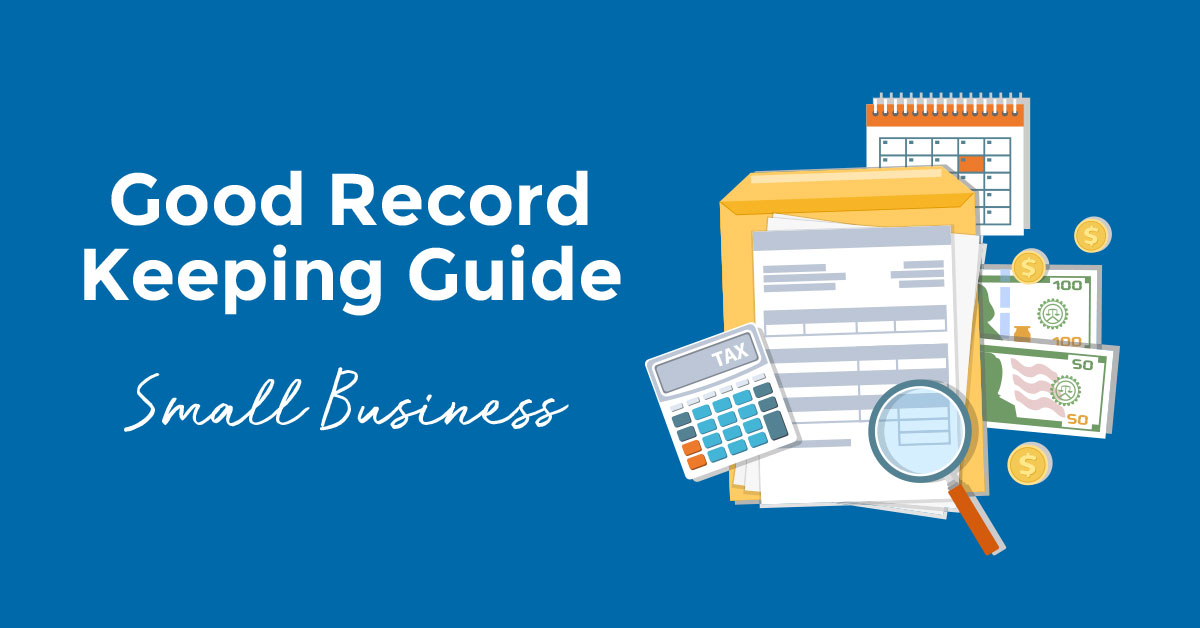Good Record Keeping Guide for Small Businesses

It goes without saying that good record keeping is critical for any business. However, for many small businesses its not their strong point, and is often left to the last minute, when tax deadlines come around. Which causes you, your bookkeeper and accountant unwanted anxiety and stress.
PPT Accountant Thomas Elford said: “By default businesses who keep good records are generally more profitable, because they have a better handle on their income and expenses, and as a result, make more informed decisions.”
So why cause yourself all that stress, get your records in order, make it easier for yourself and keep a better track of your business performance.
5 tips for keeping good records:
- Get an online accounting system – get help from your accountant or bookkeeper and get setup on Xero, MYOB or Quickbooks.
- Reconcile regularly – regularly check your bank account against your accounting system to keep track of your income and expenses.
- Make it a weekly routine – set aside a time each week to maintain your records and keep them updated.
- Get a filing system – buy a filing cabinet, set of folders or scan important documents and store them securely in the cloud.
- Never put it off – don’t let your records pile up, keep it in order and you will be thankful when it comes to tax time (so will your accountant 😉)
What are your legal obligations?
You are legally required to keep records for a period of at least five years after they are prepared, obtained or the transactions completed (whichever occurs last).
Records must be kept in a format accessible by the ATO and you can incur financial penalties if your records and kept correctly. Importantly, you must maintain your financial records even after you sell or close your business.
What records should you keep?
As a guide, you should keep the following:
- Income and sales – sales invoices, receipts, cash register taps and cash sales.
- Purchase and expenses – tax invoices, cheque book records and receipts.
- Yearend records – debtors and creditors, stocktakes and depreciation schedules.
- Bank records – bank statements and loan records
- GST records – tax invoices from suppliers.
If you’re employing staff, you need the following:
- Tax file number (TFN) and withholding declarations
- Record of wages, allowances and other payments.
- Superannuation records.
- Fringe benefits tax details.
Need help with your accounting?
To chat about business accounting requirements call PPT on 5331 3711 (Ballarat) or 8391 3063 (Melbourne).


